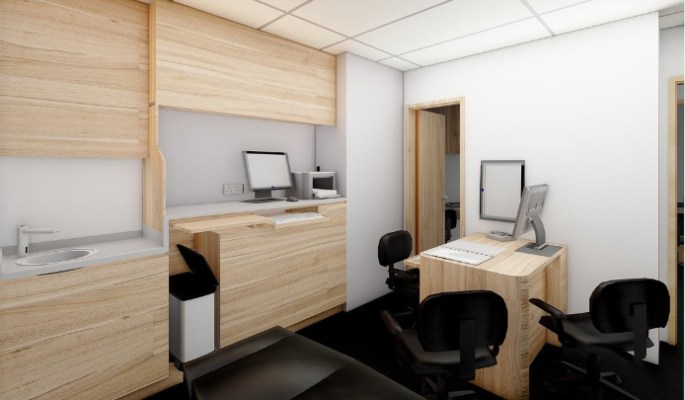Legal Services for Medical Practices from Formation through Sale
For physicians, owning and operating their own professional practice can be a great opportunity. At the same time, it is complicated. California physicians face unique challenges throughout the lifecycle of a medical practice. As a small business owner and a California business attorney, Lynnette Ariathurai provides solutions-driven representation to medical practices. Here, our Bay Area business lawyer provides an overview of key things medical practices need to know about business law—from open to close.
Forming a Medical Practice
Starting a medical practice in California requires strict compliance with the state’s professional corporation rules. Physicians must form a Medical Corporation under the Moscone-Knox Professional Corporation Act. A key element of the law is that it only allows licensed professionals to own shares and serve as officers or directors. You will also need to obtain a federal employee identification number (EIN) and provide the registration to the California Medical Board.
Buying a Medical Practice
You may be considering buying a medical practice in California. There are options for structuring the purchase agreement. You could buy the entire medical practice—which means acquiring all assets, liabilities, and operational responsibilities. Alternatively, you could complete an asset purchase. That involves selecting specific assets to acquire—and it can allow you to avoid taking on most of the practice’s liabilities. However, the downside of an asset purchase is that you may lose access to contracts/licenses that could otherwise be transferable through purchasing the whole business.
Structuring a Medical Practice (Compensation for Physicians)
When you set up a medical practice, one of the biggest questions about structure is how the physicians will be compensated. Notably, the fee-splitting laws for physicians in California are strictly enforced. Our state prohibits physicians from engaging in fee-splitting arrangements with non-licensed individuals or entities, particularly when compensation is tied to patient referrals. A violation of the law can result in severe penalties, including fines and even potential suspension or revocation of the professional corporation’s registration. Medical practices must ensure that compensation structures are based on legitimate services rendered, not on the volume of referrals.
Selling a Medical Practice
Selling a medical practice in California is complicated. When doing so, it is crucial that you ensure transparency by accurately disclosing the practice’s financial status to potential buyers, informing active patients about the sale in advance, and properly transferring patient records, which requires explicit consent to comply with HIPAA regulations. A California business lawyer can help you draft a comprehensive sale agreement and notify the California Medical Board of changes in ownership.
Closing a Medical Practice
Preparing to wind down your medical practice? Shutting down a medical practice involves more than simply ending operations—it is a highly regulated process and physicians have clear legal duties. To start, you must give patients adequate written notice, provide them access to their medical records, and ensure continuity of care during the transition. California law also requires retaining patient records for a set period—usually at least seven years. Physicians must also be prepared to notify all relevant agencies and properly dispose of any controlled substances.
Contact Our California Business Lawyer for Medical Practices to Today
Lynnette Ariathurai is a California business attorney with extensive experience working with medical practices. We advise physicians on the full range of business matters related to their medical practice—from open to close. Contact us today for your fully confidential, no obligation initial consultation. With an office in Fremont, we serve clients throughout the Bay Area.
medical practice closing, medical practice regulations, new medical practice, sell medical practice, start medical practice


